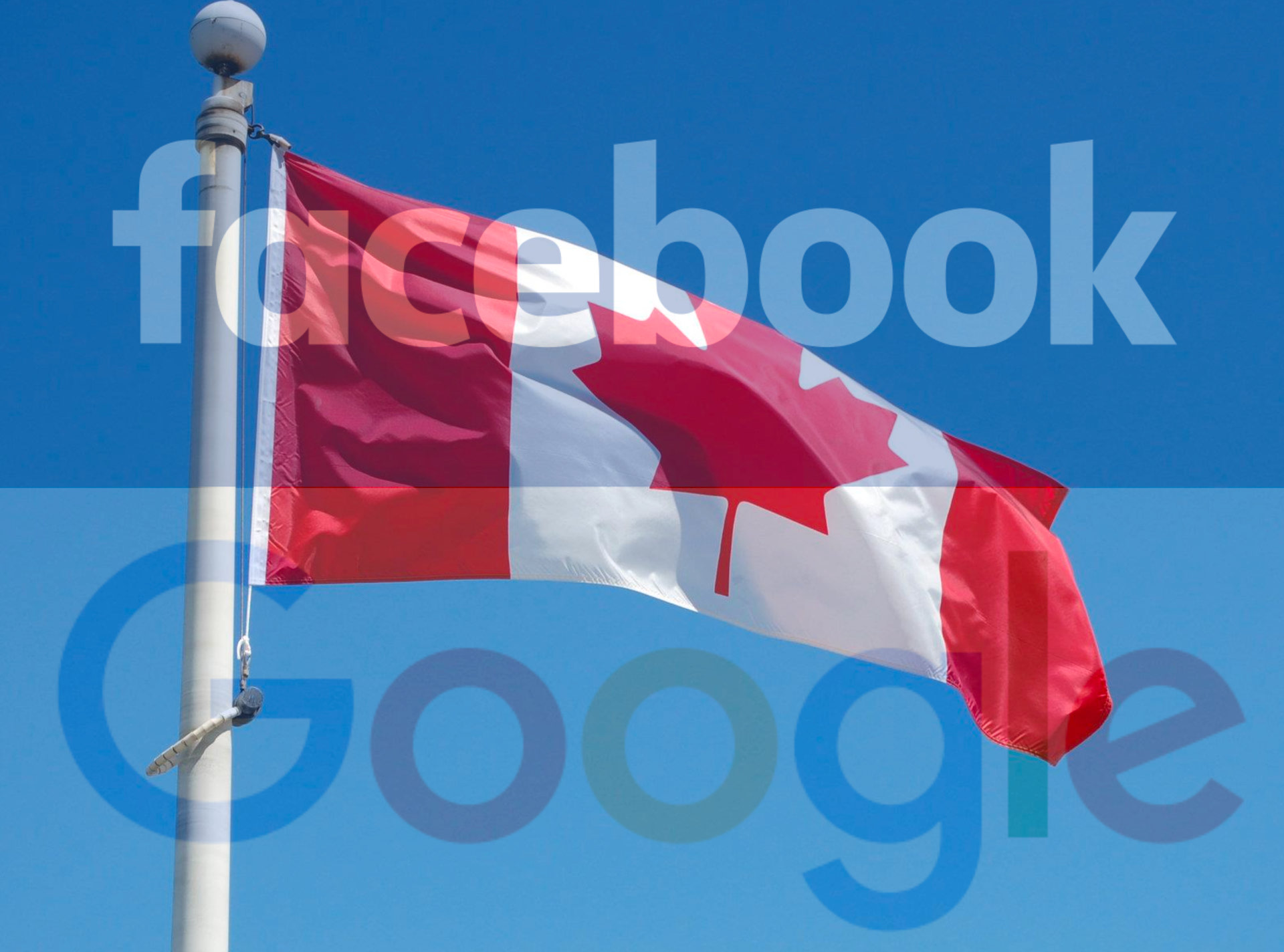Media crisis deepens as government advertising withdrawn from Meta platforms
Tashi Farmilo
In a time when the media industry is grappling with an unprecedented crisis caused by the migration of advertising investments to global digital platforms, last month saw the enactment of Bill C-18, commonly known as the Online News Act in Canada. This legislation mandates companies like Meta and Google to provide compensation to Canadian media publications for the dissemination of news content on their platforms, aiming to address the financial challenges faced by traditional outlets in producing and distributing content domestically.
In response to Meta's controversial decision to block links to Canadian news, both the federal and Quebec governments have announced the withdrawal of their advertising from Meta, the parent company of Facebook and Instagram. This stance has triggered a domino effect, with Quebec City leading the way by withdrawing advertising from Meta platforms, followed by several municipalities and media outlets within the province. Notably, all political parties in Quebec, including the Coalition Avenir Québec (CAQ) and its MNAs, have ceased their Facebook ad buys, as confirmed by Premier François Legault's office to the Canadian Press. Joining the movement, the Gatineau Chamber of Commerce has also made the decision to withdraw its advertisements from Meta platforms in response to Meta's actions.
The Quebec Liberal Party and Québec Solidaire did not have any active ads on the platform during the controversy and have no plans to launch any in the foreseeable future. The Parti Québécois had already made the decision to withdraw its advertising from Facebook at the end of June. On the federal level, the Bloc Québécois is the only party that has withdrawn from advertising on Facebook.
Private advertisers contribute the majority of funds raised by Meta in Canada. While Quebec's business community has begun to withdraw, at least partially, support for Meta platforms, there seems to be little movement in this direction in other parts of Canada.
Pablo Rodriguez, the Minister of Canadian Heritage, has emphasized the significance of a free and independent press. He expressed his belief in the power of the Online News Act to enable newsrooms across the country to negotiate fair compensation when their work appears on major digital platforms. This legislation aims to level the playing field, ensuring even the smallest news businesses can benefit and receive equitable compensation for their work.
The passage of Bill C-18 into law raises questions about the future of news media in Canada. While the government and industry stakeholders continue to navigate this complex landscape, discussions on the implementation of the bill and the necessity of supporting local and independent journalism are set to shape the future of the media industry.
Image caption: In response to the enactment of Bill C-18, Google and Meta, two of the world's most influential media monoliths, have affirmed that they will block Canadian made news from their platforms.
Image credit: Alana Repstock





